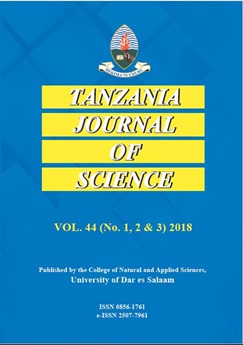Effects of 15 Local Medicinal Plant Species on Protein Tyrosine Phosphatase 1B and Dipeptidyl Peptidase 1V Activity as
Abstract
This study aimed at investigating plant species that are used locally in Zimbabwe to manage diabetes type 2 and their respective modes of action using in vitro studies. The plants for this study were identified by ethnobotanical studies and their respective antidiabetic potentials were evaluated using protein tyrosine phosphatase 1B (PTP 1B) and dipeptidyl peptidase IV (DPP IV) inhibition assays. Out of the 15 plant species used to manage diabetes in traditional practices, 9 inhibited PTP 1B with half maximal inhibitory concentrations (IC50) ranging from 0.03 ± 0.00 to 61.31 ± 0.70 μg/mL. The mechanism of inhibition deduced from Lineweaver-Burk plot was non-competitive inhibition for Bridelia micrantha, Brachylaena discolor, Artemisia afra, Sutherlandia frutescens and Euclea undulate, while Ziziphus mucronta extract inhibited PTP 1B enzyme in a competitive pattern. The inhibition mechanism was demonstrated by decreasing or constant Km and Vmax values. Km values ranged from 1.00 to 3.33 mM. Also 9 plant species out of the 15 studied showed DPP IV inhibition activity. Four plant species, Sutherlandia frutescens, Momordica balsamina, Bulbine latifola, and Spirostachys africanus exhibited inhibitory activity that was comparable to the approved DPP IV tight binding drug, sitagliptin with percentage inhibition ‰¥ 73.55 ± 0.32%. The present results provide a scientific base for the current uses of the plant species in local management of diabetes type 2. Thus these plants are not only useful in polyherbal formulations for management of diabetes type 2, but also serve as sources of lead compounds for further studies toward developing drugs for treating diabetes type 2.
Keywords: Diabetes type 2; traditional medicinal plants; enzyme inhibition; polyherbal remedies.


